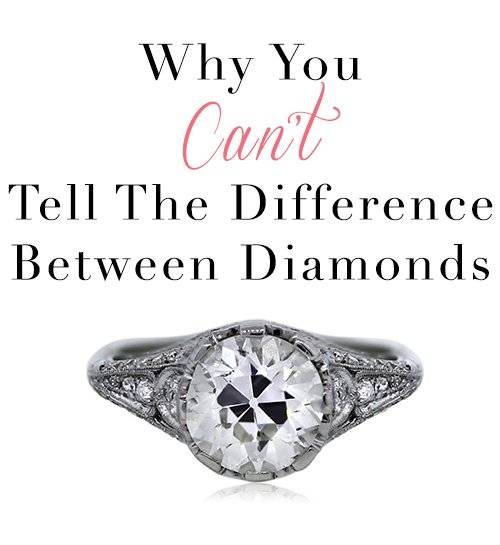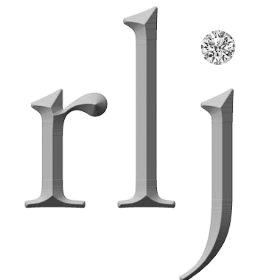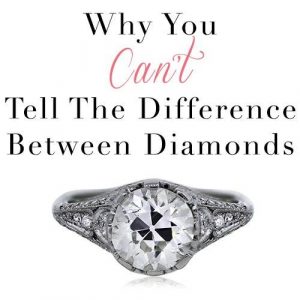GIA Invalidates Thousands of Grading Reports After Hacking

When it comes to the 4 C’s of diamonds, we’re quick to add a 5th C to your vocabulary list – certificate. It’s a factor in diamond shopping (and, of course, grading) that warrants discussion, but often gets passed over to focus on the nitty gritty of the traditional 4 C’s. This is because not every diamond is certified, and among those that are, the certifications can come from a variety of places. Of course, if certification is important to you, the industry standard is GIA – the Gemological Institute of America.
GIA is s a nonprofit institute dedicated to research and education in the field of gemology and the jewelry arts. Its diamond grading lab issues the final say on diamond specs (the 4 C’s.) They are regarded as the industry standard because of their reputation for consistency. A D flawless is a D flawless is a D Flawless when it comes to GIA grading. No wiggle room for an F, internally flawless to sneak into that higher level of prestige (and price.) A GIA diamond isn’t always the best diamond, it just is exactly what it says it is.
Unless, of course, that certificate has been tampered with. According to GIA, some 1,042 diamonds graded between July and August had their certificates invalidated due to the compromise. Per National Jeweler:
“At some point between the conclusion of the grading process and the printing of the reports, one or more now-former employees of Tata Consultancy Services (TCS) gained “unauthorized remote access” to GIA’s grading information database and altered the color and/clarity grades on the 1,042 reports, GIA said. TCS, an IT firm, is the contractor that supports GIA’s databases worldwide.”
The clients who submitted the stones, mostly from India and again in that short time period this summer, have been suspended while GIA conducts a thorough investigation into who authorized the hack. And this isn’t the first time GIA has acted swiftly in the name of protecting their reputation. They’ve suspended clients recently for submitting stones with an undisclosed mystery treatment that bumped up color grades by as much as 4 grades. Another was suspended for submitting diamonds with false inscriptions. GIA takes no chances because its stellar reputation is what separates it head and shoulders from the other diamond grading labs with less meaningful diamond certificates.
All this attention to diamond certificates in the jewelry industry media, combined with our customers’ recent spike in demand for highly specific diamond grades leads us to address, again, whether or not your diamond needs a certificate. The short answer? No.
If you are shopping for a G color, 1.13 carat round brilliant with VVS1 clarity and a triple excellent cut grade, your search is going to be much longer. And yet, this degree of specificity is a big trend in our younger grooms shopping for their first diamonds. Whether this is a result of e-ring information overload or a part-time hobby of trolling online-only diamond dealers‘ websites we can’t be sure. Likely it’s a combination of both.
But when you’re shopping in-person, you have the upper hand. You’re not blindly trusting some website that boasts hundreds of thousands of diamonds (that they’ve never seen, let alone inspected.) It’s less important that you have a strict reference point like a GIA certificate. You can see with your own eyes the difference between a VVS1 and a VS2 clarity grade (and by see with your own eyes, we mean squint through a loupe and then take your best guess at which is which.)
Shopping in-person allows you to step away from the certificate. This doesn’t mean abandoning your standards, or even lowering them. It means you’re relying more on common sense and your actual senses. You can see the difference between a good diamond and a subpar one. Even if it’s the first time you’ve ever set foot in a jewelry store. You can trust your instincts to know when you’re getting swindler vibes from a jewelry salesman trying to ram a diamond you just don’t love down your throat. You will know, with satisfaction, when you find 1) a diamond you feel good about and 2) a jeweler whose opinion you trust if you do ever find yourself out of your knowledge depth.


